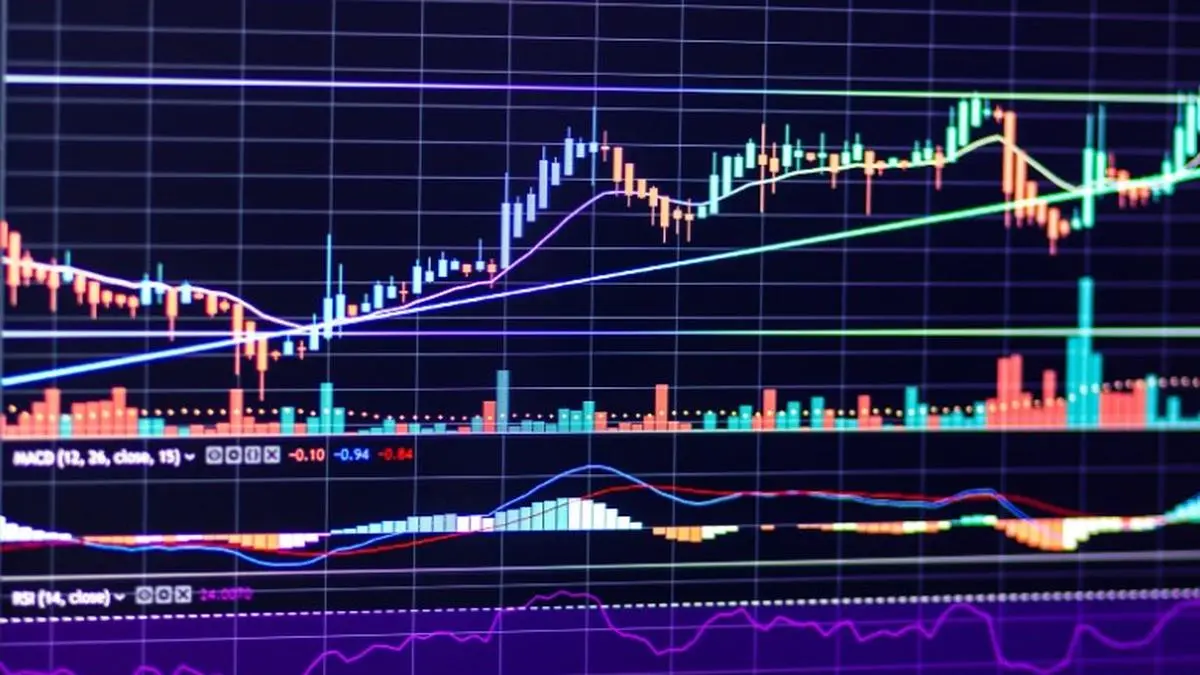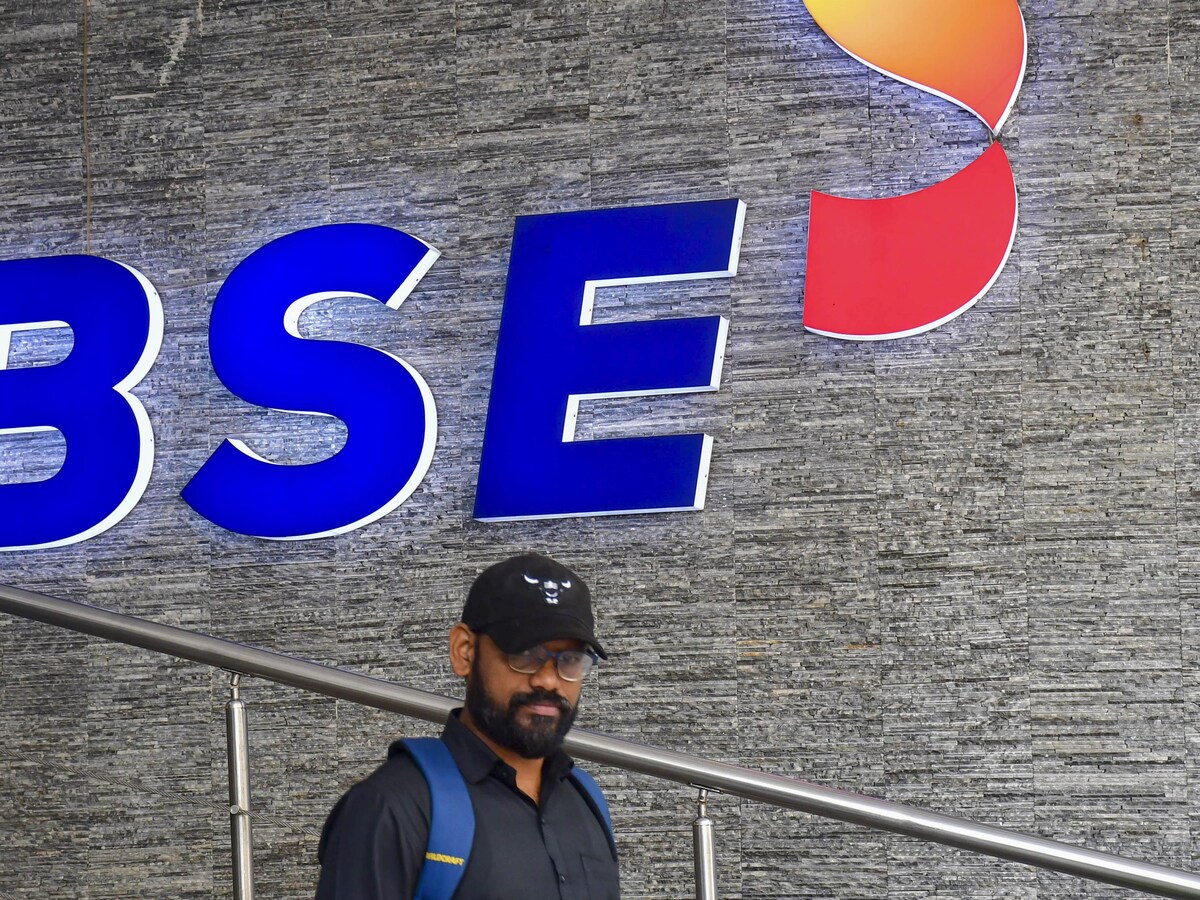Indian stock markets ended in the red on Thursday, closing out a volatile month with a setback as fresh US tariff concerns dampened investor sentiment. The benchmark indices Sensex and Nifty recorded their steepest monthly fall since March, with both indexes slipping nearly three percent in July.

Thursday’s trading session was marked by dramatic swings. The Sensex plunged nearly eight hundred points during the morning session following news of a twenty-five percent tariff imposition by US President Donald Trump. The market briefly reversed course by midday, recovering to trade over three hundred points higher. However, the gains could not hold, and the index once again turned negative, ultimately closing down by nearly three hundred points at eighty-one thousand one hundred eighty-five. The Nifty also mirrored this volatility and ended the day lower by eighty-six points at twenty-four thousand seven hundred sixty-eight.
The broader market felt the pressure as well. The BSE Midcap and Smallcap indices dropped by over half a percent. Market sentiment stayed negative throughout the session, with more than twenty-four hundred stocks declining compared to around sixteen hundred gainers on the Bombay Stock Exchange. The total investor wealth erosion stood at over two and a half lakh crore rupees, bringing the overall market capitalisation down to just under four hundred fifty lakh crore.
July’s decline of nearly three percent for both indices brought an end to a four-month streak of market gains. Many sectors were hit hard by the policy uncertainty. Sectors like telecom, oil and gas, energy, metals, and healthcare registered losses, with some stocks in these sectors falling close to two percent. However, defensive sectors such as FMCG and select service industry counters posted marginal gains, and banking and financial stocks held their ground despite the broader decline.

Analysts and market experts believe that the imposition of tariffs, though alarming in the short term, may not significantly impact India’s medium-term earnings trajectory. In its latest research note, Goldman Sachs said that while the tariffs are a surprise, the incremental drag on earnings is likely to be modest. The firm estimated that every five percent hike in US tariff rates could lead to a reduction of eighty basis points in the earnings per share of Indian companies represented in the MSCI India index. Based on current estimates, the new tariff regime could result in a roughly two percent earnings impact if fully enforced. However, Goldman Sachs maintained its twelve to fourteen percent EPS growth forecast for calendar years twenty twenty-five and twenty twenty-six.
Economists at Emkay Global echoed this view. They noted that the second half of fiscal year twenty twenty-six is expected to witness an earnings recovery, especially in sectors that are not directly impacted by the new tariffs, such as financials, consumer goods, and information technology. While markets may experience near-term volatility, they anticipate that fundamentals in high-weight sectors will drive a rebound later in the year.
Despite the cautious optimism, foreign investors turned net sellers on Thursday. According to provisional BSE data, foreign portfolio investors sold shares worth five thousand five hundred eighty-eight crore rupees, while domestic institutional investors stepped in to absorb some of the pressure, buying equities worth six thousand three hundred seventy-two crore rupees.
Top losers from the Sensex included names like Tata Steel, Sun Pharma, Adani Ports, Reliance Industries, and NTPC, all of which dropped by up to two point two percent. Meanwhile, companies such as Hindustan Unilever, ITC, Kotak Mahindra Bank, and Power Grid offered some support to the indices, rising as much as three and a half percent.
Looking ahead, all eyes are on potential trade negotiations between India and the United States. Many experts believe that a resolution could arrive sooner than expected, especially with both sides aware of the broader strategic and economic implications. Until then, markets are likely to remain cautious, reacting sharply to global headlines and policy shifts.
For regular updates on market trends, global developments, and smart investing strategies, follow You Finance on Instagram and Facebook.














